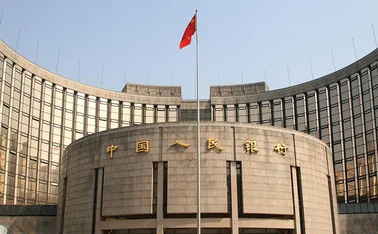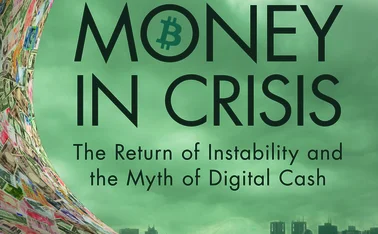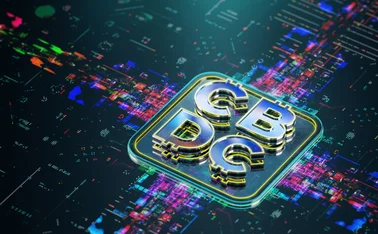
E-krona could boost competition and safety, say Swedish retailers
Riksbank analyses consumers' and retail traders' payment preferences

An e-krona could contribute to greater safety and competition in Sweden’s payments market, reported most retail traders in a research work released by Sveriges Riksbank today (October 23).
The exercise analyses consumers’ and retailers’ payment preferences and takes place within the wider central bank’s work on a e-krona, a central bank digital currency (CBDC).
The Riksbank found that both groups are broadly satisfied with the current environment. Nonetheless, consumers yearn for a service
Only users who have a paid subscription or are part of a corporate subscription are able to print or copy content.
To access these options, along with all other subscription benefits, please contact info@centralbanking.com or view our subscription options here: www.centralbanking.com/subscriptions
You are currently unable to print this content. Please contact info@centralbanking.com to find out more.
You are currently unable to copy this content. Please contact info@centralbanking.com to find out more.
Copyright Infopro Digital Limited. All rights reserved.
As outlined in our terms and conditions, https://www.infopro-digital.com/terms-and-conditions/subscriptions/ (point 2.4), printing is limited to a single copy.
If you would like to purchase additional rights please email info@centralbanking.com
Copyright Infopro Digital Limited. All rights reserved.
You may share this content using our article tools. As outlined in our terms and conditions, https://www.infopro-digital.com/terms-and-conditions/subscriptions/ (clause 2.4), an Authorised User may only make one copy of the materials for their own personal use. You must also comply with the restrictions in clause 2.5.
If you would like to purchase additional rights please email info@centralbanking.com







